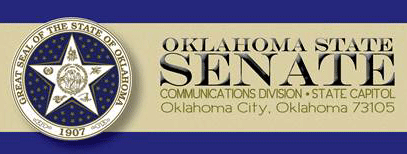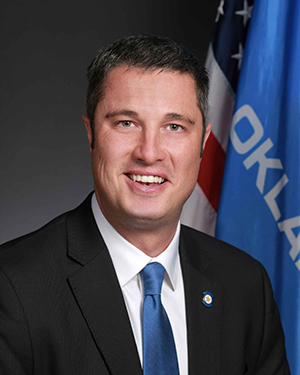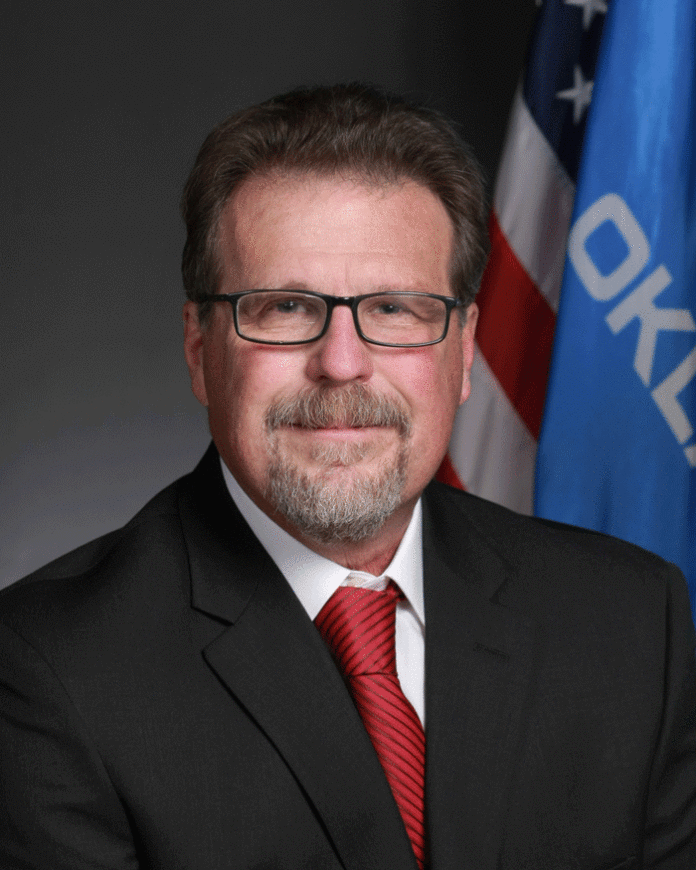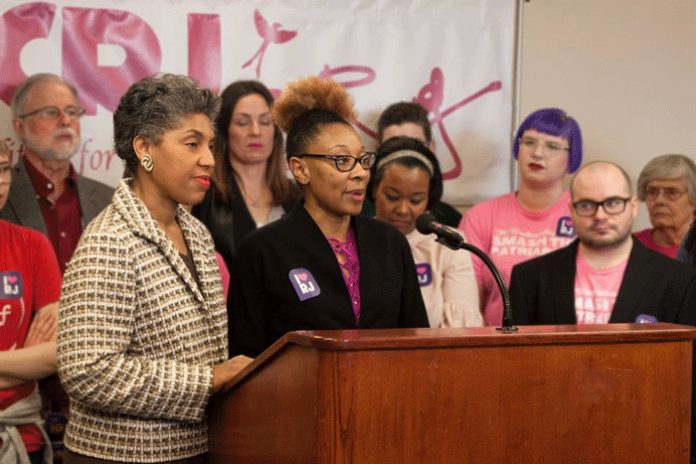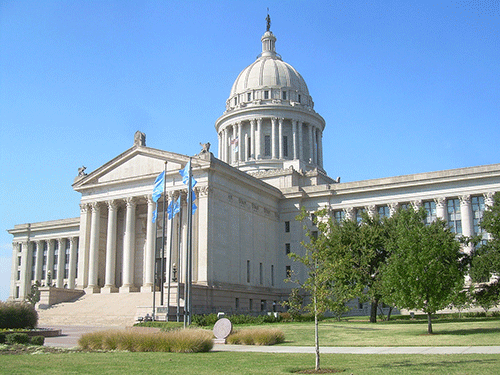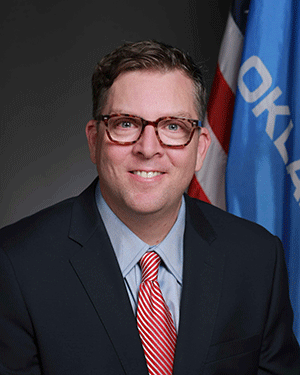We reached a historic budget agreement last week that will provide funding to vital state services. It provides more than $8.1 billion for our 64 appropriated state agencies plus puts $200 million into state savings.
With state revenues continuing to increase and beat last year’s monthly estimates, next year’s budget looks to be a great one as well.
This year, I’m especially pleased with the raises for our state employees and educators. This will help retain the excellent individuals we already have as well as recruit new ones, lower classroom sizes and lower the very costly turnover rates at our state agencies.
In addition to providing an average $1,220 raise for certified personnel, the budget will put another $74.3 million through the funding formula allowing local districts to address whatever needs they feel are most important whether that be classroom supplies, hiring new staff or other matters.
Healthcare is a major concern in our district and I’m pleased to say this was a major component of the budget. Nearly $63 million will go to train physicians to work in rural hospitals. More than $100 million will be reallocated to increase provider rates for nursing homes, physicians and hospitals. We’ll also be saving $29 million to help the OHCA protect Medicaid provider rates to counter decreases to Oklahoma Federal Medical Assistance Percentage (FMAP). Another $2 million will go to help decrease the Developmental Disability Services wait list and there will be a 4% increase ($8 million) to developmental disability provider rates. Nearly $5 million will be provided to increase immunizations and staff county health department throughout the state.
Ensuring the safety of our roads and bridges is critical for commerce, tourism and our daily commutes. The Department of Transportation’s 8-year plan will be fully funded and we’ll also be restoring $30 million to the CIRB for county road improvements.
Being that we live in a mostly rural district, another important aspect of the budget is the $1.1 million for wildfire mitigation and additional resources for rural fire fighters as well as $1.5 million to improve rural flood control dams.
Thanks to this budget, we could see as many as 80 new Highway Patrol troopers on the roads next year following the creation of two new trooper academies. The high turnover rate at our state prisons is also a major safety concern, and we’re hoping to retain these dedicated correctional officers as well as recruit more by providing a $2 per hour raise, which will work out to around a 14% or $4,000 increase.
Efforts to reform our criminal justice system are ongoing. We must lower our nonviolent offender population in our 24 state-operated correctional facilities. We have the highest incarceration rate in the nation. Studies have shown that addiction and mental health issues landed a majority of our state’s nonviolent offenders in prison. For this reason, we’re going to start funding more mental health and diversion programs to address the causes of these nonviolent crimes to help these individuals avoid re-entry and become independent citizens. We’re also working to decrease the number of fees and fines that offenders are faced with once they’re released. They’ve paid their debt to society and it’s hard enough for them to gain employment with their record and we want to lessen some of their financial burden.
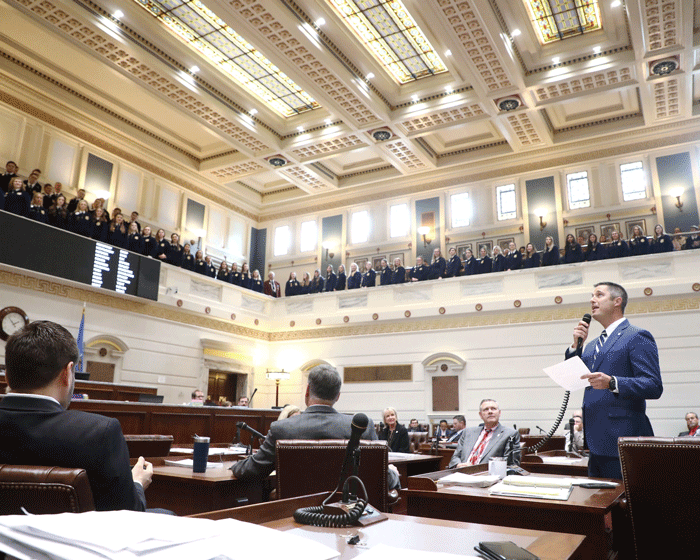
At the State Senate, I can be reached by writing to Senator Chris Kidd, State Capitol, 2300 N. Lincoln Blvd. Room 427, Oklahoma City, OK 73105, emailing me at kidd@oksenate.gov, or by calling (405) 521-5563 and speaking to my assistant Suzanne Earnest.



